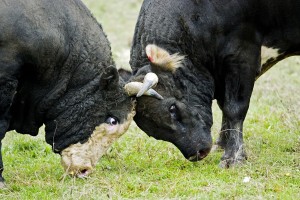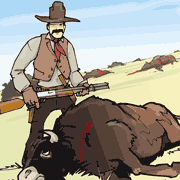“Bara brêstar ani tera sunkrar“
literally means “twelve Thursdays and thirteen Fridays” and offers no clue to its intended significance. It is true that the number thirteen has been generally considered as unlucky, so much so that sometimes even builders and owners of apartment buildings give in to the superstition and take you from the 12th floor straight to the 14th without skipping any floor. Friday too has acquired a slightly pejorative tint because of its association with the death of Jesus supposedly on a Friday and the fasting and abstinence often tied up with that day of the week, even though in the Western world, Friday afternoon is perhaps the brightest time of the week as the harbinger of a restful and enjoyable weekend.
But bara brêstar certainly doesn’t have any negative connotation. The number twelve may suggest the 12 months of the year or the 12 Apostles or the dozen eggs you buy for breakfast. And there’s nothing wrong with Thursday either. During our school days, Thursday was a welcome day because it used to be a holiday. And until Pope John Paul II came up with his Luminous mysteries, Thursday used to be a day of Joyful Mysteries.
And so I cannot tell you why bara brêstar came to acquire a bad connotation, nor how and when that Konkani expression originated. But I can confidently say that as of today “bara brêstar ani tera sunkrar” spells destruction. If, for instance, you nicely decorate your garden and then the wind blows and destroys all that you have done, you can say in idiomatic Konkani, “Mhojea armosanvache bara brêstar ani tera sunkrar zale.“
The expression is perhaps most appropriately used when something disintegrates into several parts which are possibly beyond repair.







